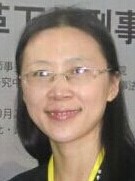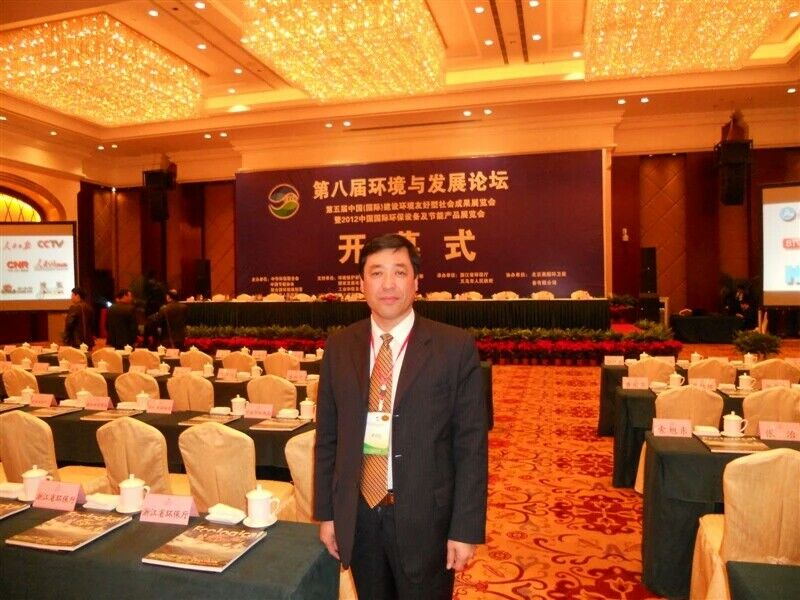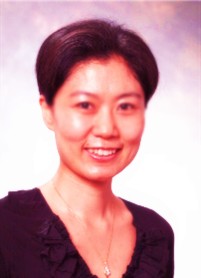四十一、所有權(Ownership)
1.A person may own land notwithstanding that another has an easement,such as a right of way,over it.
2.A person in possession is not bound to prove that the possessions belong him.
3.He is the de jure owner of the property.
4.His title to the property is defective.
5.Marital property is the same as community property and is divided equally upon divorce.
6.One independent object can only and only needs to establish one property right.
7.One should enjoy his property in such a manner as not to injure that of another person.
8.Ownership has been described as"the entirety of powers of use and disposal allowed by law".
9.Ownership in indivision is ended by a partition of the property.
10.The ownership of the company has passed to bank.
一個人可擁有土地,盡管他人對土地具有地役權,諸如通行權。
占有者無須證明自已為物主。
他是財產(chǎn)的注定所有權人。
他的產(chǎn)權具有瑕疵。
夫妻財產(chǎn)也同樣屬于共同財產(chǎn),離婚時應作平均分配。
一物只能且只須有一個產(chǎn)權。
享有自已的財產(chǎn)應以不損害他人的利益為限。
所有權被稱作是“法定使用權和處置權的集合體。”
未分財產(chǎn)的所有權經(jīng)財產(chǎn)分割即告疑終結。
公司的所有權已經(jīng)移交銀行。
(聲明:本站所使用圖片及文章如無注明本站原創(chuàng)均為網(wǎng)上轉(zhuǎn)載而來,本站刊載內(nèi)容以共享和研究為目的,如對刊載內(nèi)容有異議,請聯(lián)系本站站長。本站文章標有原創(chuàng)文章字樣或者署名本站律師姓名者,轉(zhuǎn)載時請務必注明出處和作者,否則將追究其法律責任。) |










